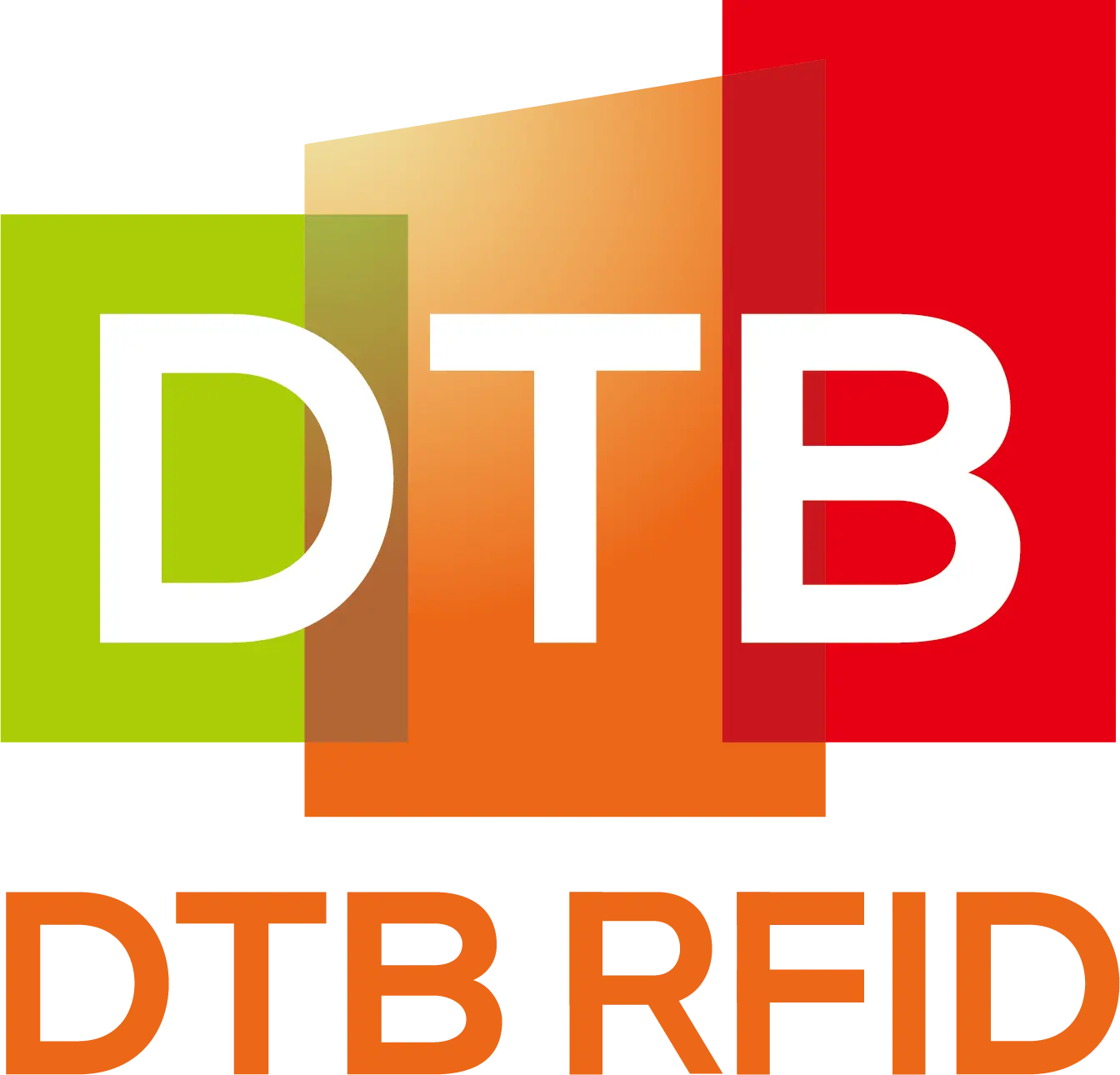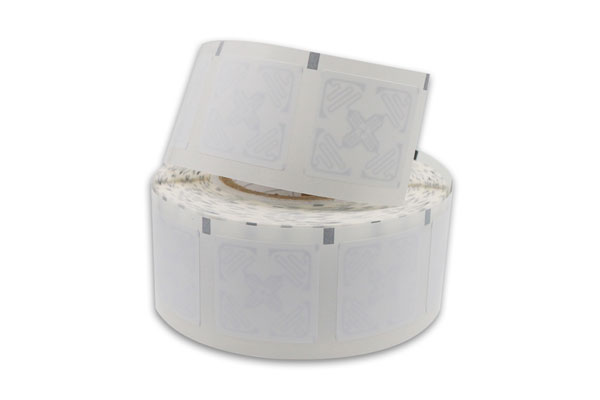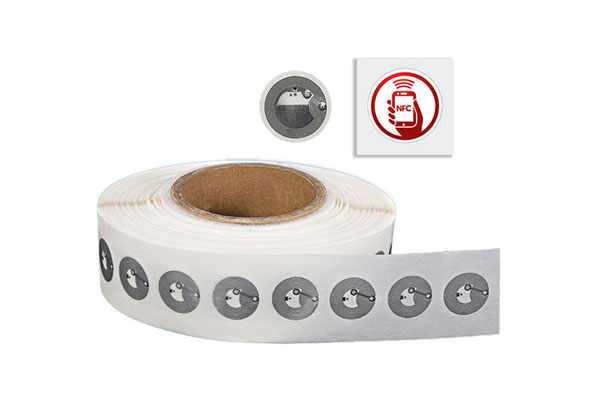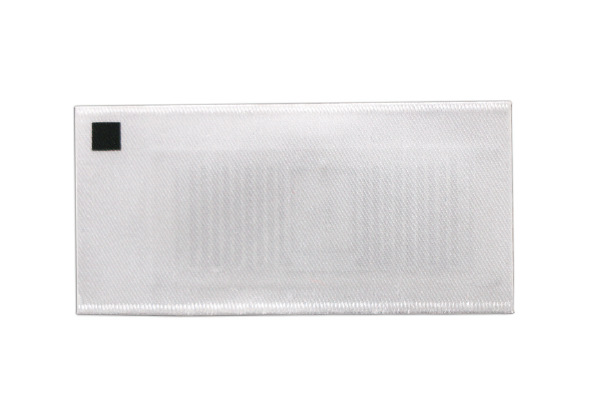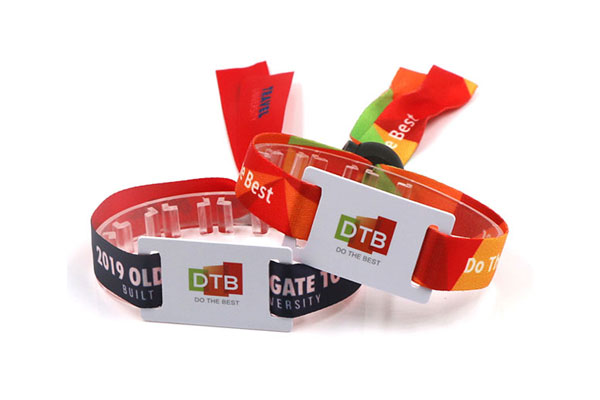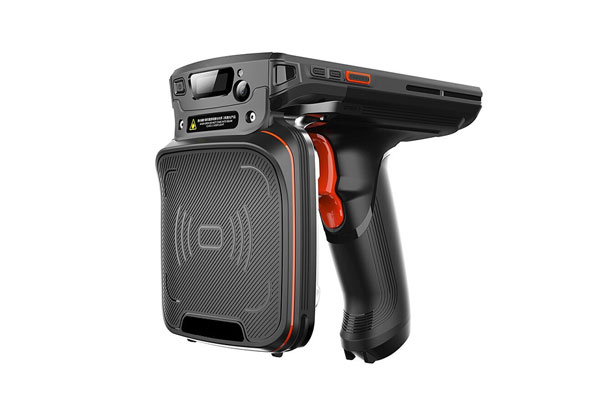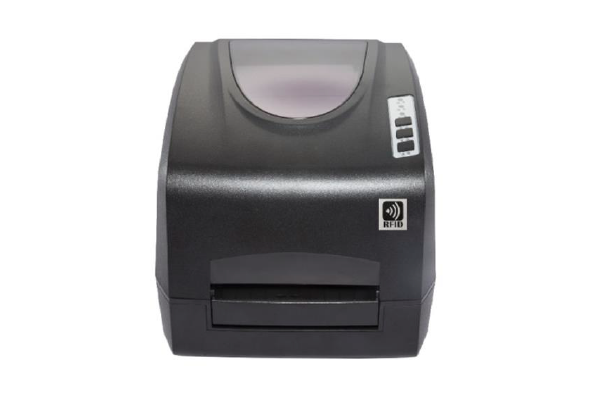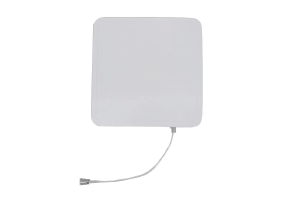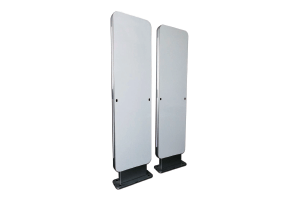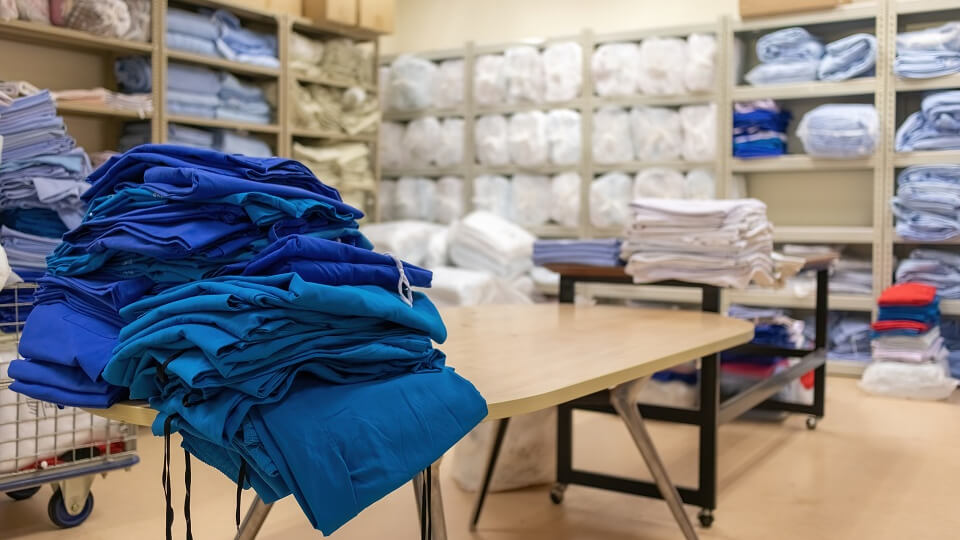RFID (Radio Frequency Identification) technology has revolutionized various industries, and the textile industry is no exception. By embedding RFID tags into garments, linens, and other textile products, businesses can achieve unprecedented levels of efficiency, transparency, and customer satisfaction.
Below is a comprehensive exploration of how RFID technology is being utilized across the textile sector.
Enhancing Inventory Management
One of the most significant impacts of RFID in the textile industry is on inventory management. Traditional inventory systems often rely on manual counting or barcode scanning, which can be time-consuming and prone to errors.
RFID technology automates this process by allowing for the rapid and accurate tracking of items without the need for line-of-sight scanning. This is particularly useful in large warehouses or retail environments where items are frequently moved.
For example, RFID tags attached to clothing items in retail stores can be read simultaneously by RFID readers, allowing for real-time inventory updates. This capability reduces the likelihood of stockouts or overstock situations, thereby improving overall inventory accuracy.
Retailers can also quickly identify which items are selling well and which are not, allowing them to make more informed decisions regarding reordering and promotions.

Streamlining Supply Chain Operations
RFID technology also plays a crucial role in streamlining supply chain operations within the textile industry. From the manufacturing floor to the retail shelf, RFID tags help track the movement of textile goods throughout the supply chain.
This visibility ensures that products are delivered on time, reduces the risk of theft or loss, and helps in identifying bottlenecks in the supply chain.
For manufacturers, RFID tags provide detailed information about each product, such as its origin, production date, and materials used. This information can be accessed at any point in the supply chain, making it easier to trace products back to their source in case of defects or recalls.
Additionally, RFID technology facilitates better coordination between different parts of the supply chain, improving overall efficiency.

Enhancing Transparency and Sustainability
As consumers become more concerned about the environmental and ethical implications of the products they purchase, transparency has become a key differentiator for brands. RFID technology supports this by providing detailed information about a product’s lifecycle.
Consumers can scan RFID tags on clothing to learn about the origins of the materials used, the conditions under which the product was made, and its environmental impact.
This level of transparency is particularly important in the textile industry, where concerns about labor practices and environmental sustainability are prevalent.
Brands that can demonstrate their commitment to ethical and sustainable practices through the use of RFID technology are more likely to gain the trust and loyalty of consumers.
Improving Customer Experience
RFID technology also enhances the customer experience in various ways. In retail settings, RFID-enabled fitting rooms allow customers to get instant information about the items they are trying on, such as available sizes, colors, and similar products.
This not only improves the shopping experience but also increases the likelihood of a purchase.
Moreover, RFID tags can be used to offer personalized recommendations based on a customer’s purchase history or preferences.
For instance, a customer who frequently buys organic cotton garments might receive recommendations for similar products, thereby enhancing their shopping experience.
Optimizing Textile Care in Hotels and Hospitals
The use of RFID in textile care is another significant application, particularly in industries like hospitality and healthcare. Hotels and hospitals often deal with large volumes of linens, towels, and uniforms, making it challenging to keep track of these items.
RFID technology simplifies this process by allowing for the efficient tracking of textiles throughout their lifecycle.
In hospitals, for example, RFID tags can be used to track the usage, laundering, and disposal of uniforms and linens. This not only ensures that these items are properly sanitized but also helps in managing inventory and reducing the risk of shortages.
Similarly, hotels can use RFID technology to track the movement of linens from the laundry room to the guest rooms, ensuring that they are always well-stocked.
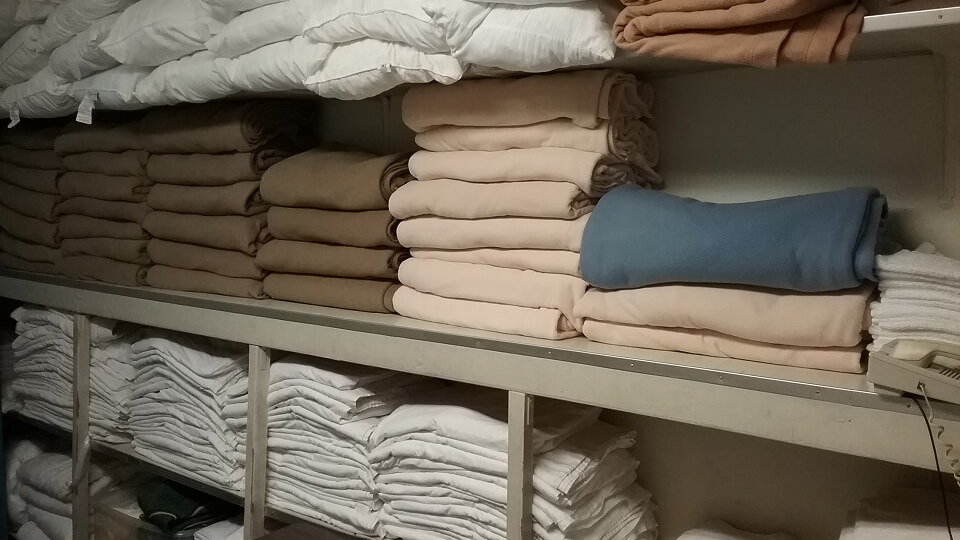
Reducing Loss and Theft
Loss and theft of textile products are significant concerns for both retailers and service providers. RFID technology offers an effective solution by providing real-time tracking and monitoring of products.
In retail settings, RFID tags can trigger alarms if an item is removed from the store without being paid for, thereby reducing the risk of theft.
In hotels and hospitals, RFID tags can be used to monitor the movement of linens and uniforms, ensuring that they are returned after use. This not only reduces the risk of loss but also helps in maintaining accurate inventory records.
Future Prospects and Innovations
As RFID technology continues to evolve, its applications in the textile industry are likely to expand further. One promising area of innovation is the integration of RFID with IoT (Internet of Things) devices, allowing for even more advanced tracking and monitoring capabilities.
For instance, RFID tags could be used in conjunction with smart washing machines to automatically adjust washing cycles based on the specific care requirements of each garment.
Another area of potential growth is the use of RFID in a circular fashion, where products are designed to be reused or recycled.
RFID tags can help track the lifecycle of a product, making it easier to manage its disposal or repurposing at the end of its life.
The integration of RFID technology into the textile industry offers numerous benefits, from improving inventory management and supply chain efficiency to enhancing transparency and customer experience.
As technology continues to advance, it is likely to play an increasingly important role in shaping the future of the textile industry. Brands that embrace RFID technology will be better positioned to meet the demands of modern consumers and operate more efficiently in a competitive market.
